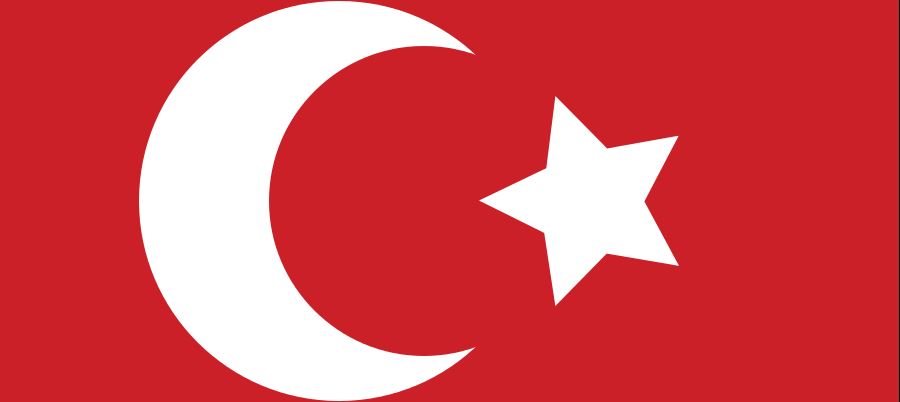…und die Neujahrsansprache des Bundeskanzlers interessiert Sie nicht besonders, weil Sie andere Sorgen haben.
„Stell dir vor, es ist der 31.12.2026, 20:30 Uhr…“ weiterlesenThe German economy in January 2026 – not only the weekend is nigh…
…yet also the month’s end. Hence, at the last hour, let’s go for the JANUARY details of the German economy:
„The German economy in January 2026 – not only the weekend is nigh…“ weiterlesenDie Euro-Krise kommt zurück
Recently uncovered Ponzi Schemes – indicator of a coming crash?

The largest ponzi scheme ever, namely the one of Bernie Madoff, was finally uncovered on December 10, 2008 – so amid the Financial Crisis. The Enron scandal, another famous ponzi scheme, came to the light in the end of 2001 – hence amid the dot-com bust. „Recently uncovered Ponzi Schemes – indicator of a coming crash?“ weiterlesen
Not too surprising: German IFO index stagnates

Today, the IFO-institute stated that
„The Ifo Business Climate Index for German industry and trade dropped to 106.6 points in April from 106.7 points in March. Although companies were somewhat less satisfied with their current situation, their business expectations brightened once again.“
This is not too surprising (for Germans, but probably for everyone else), since the German economy seems to be a little decoupled from the rest of the world economy for some time now: With an unemployment rate of 6.5% in March 2016, Germany shows a robust job-market, even if experts do not see a further decline for the rest of the year due to the refugees now flowing into the job market. Also, the German economy shows a robust if small growth (at least compared to other countries), with now a projected growth rate of about or above 1.5% for 2016. „Not too surprising: German IFO index stagnates“ weiterlesen
Ja watt denn nu? Ist Deutschland korrupt oder nicht?

Die Medien scheinen sich ja in ihrer Bewertung nicht ganz so einig zu sein: Bezüglich ein und derselben Studie von EY überschrieb Businessinsider die Meldung mit „Korruption und Betrug: Deutschland ist unter den Ländern mit der höchsten Wirtschaftskriminalität“, während die Deutsche Welle titelte: „Weniger Fälle von Korruption in Deutschland“. Die Studie (die auf Umfragen von Unternehmen beruht) selber kommt zu dem Ergebnis, dass die Anzahl der Korruptionsfälle in Deutschland sinkt, aber die Anzahl der unternehmensinternen Bestrafungen zunimmt. „Ja watt denn nu? Ist Deutschland korrupt oder nicht?“ weiterlesen
Banken – Crisis? What Crisis?

Anfang April merkten die Blogger (die Main-Stream-Medien wieder einmal weniger) weltweit auf, denn ein Banken-Krisentreffen jagte das nächste! Eine mögliche Erklärung für die ungewöhnliche Hektik war zunächst die Kritik der Fed am „Testament“ von JP Morgan – also den Regelungen im Fall einer notwendigen Abwicklung. „Banken – Crisis? What Crisis?“ weiterlesen
…und China erst!….

Vielleicht ist doch nicht alles so schlecht, wie bislang befürchtet, denn die chinesische Wirtschaft wuchs im ersten Quartal um (exakt die prognostizierten) 6,7 % (auf annualisierter Basis). Damit hätten die Perma-Bears, die einen Absturz der chinesischen Wirtschaft vorhergesagt haben, Unrecht gehabt (ich damit auch…). Was u.U. auch für eine anziehende Konjunktur in China spricht, sind die steigenden Stahlpreise und auch der seit Februar ebenfalls steil ansteigende Baltic Dry Index – der hier also möglicherweise doch ein tauglicher Konjunktur-Frühindikator gewesen wäre. „…und China erst!….“ weiterlesen
Aber in Deutschland ist alles super, oder?

Deutschland steht derzeit super da. Selbst wenn zunächst der Sachverständigenrat der Bundesregierung seine Wachstumsprognose für 2016 leicht von 1,6 auf 1,5% nach unten korrigiert hat und diesem Trend folgend auch die führenden Forschungsinstitute in ihrer „Gemeinschaftsdiagnose“ mit einer Abschwächung von 1,8% auf 1,6% grundsätzlich gefolgt sind, dürfte die deutsche Wirtschaft in 2016 komfortabel wachsen. „Aber in Deutschland ist alles super, oder?“ weiterlesen
Mir wird mulmig zu Mute…

Innerhalb weniger Tage haben drei erfolgreiche und nicht gerade als „Perma-Bulls“ (also notorische Schwarzseher) verschriene Investmentmanager das drohende Ende der Welt beschworen, wie wir sie kennen: Charlie Munger (der Kompagnon von Warren Buffet), El Erian (ex-PIMCO) und Larry Fink (CEO of Blackrock). „Mir wird mulmig zu Mute…“ weiterlesen
China fällt auf die Schn****!

Endlich fällt das „R“-Wort! Ich konnte es kaum glauben, wie sang- und klanglos die Medien über den Ex- und Importeinbruch der chinesischen Volkswirtschaft im Januar und Februar hinweggegangen sind. „China fällt auf die Schn****!“ weiterlesen
Was geschah am 13. April 1876?

Heute genau heute vor 140 Jahren erklärte das Osmanische Reich, das gerade die Tanzimat-Periode mit tiefgreifenden Reformen durchlief, den Staatsbankrott.



